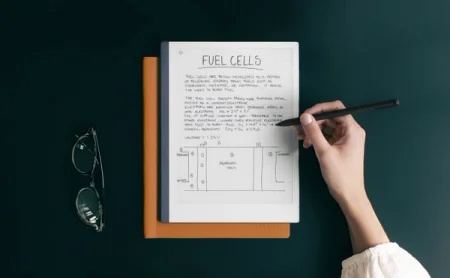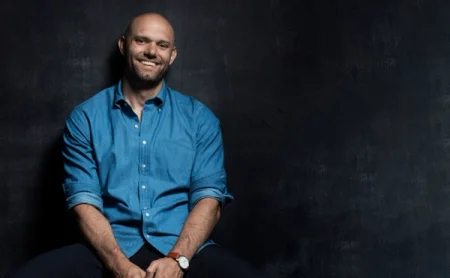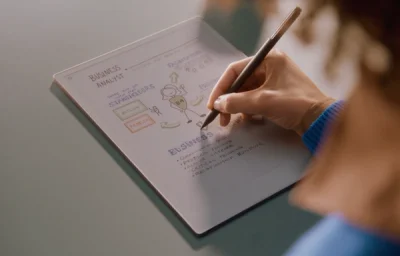The key to building lasting habits
To build and maintain better habits we need to examine their mechanics first. Then we can learn from them. Even the bad ones.

There’s a nineteenth-century joke about quitting smoking. It goes something like, “giving up smoking is the easiest thing in the world. I know because I’ve done it thousands of times.” Often attributed to Mark Twain or C.W Fields, it’s an old quote about an old struggle. We’re very experienced habit strugglers by now.
It’s nothing new. The thing that perhaps goes unnoticed, is it’s just as hard to establish good habits as it is to break bad ones. Plenty of people want to be up at 4am scribbling out their daily to-do list. Hopefully a neat one, and stylish enough to be framed in a gallery. If the Internet is anything to go by, there’s definitely a desire to become that organized person. The truth is many of us aren’t quite there yet.
How habits work
Looking more closely at how habits actually work though, can be a really useful way to make positive changes, according to The Power of Habit author Charles Duhigg. As it turns out, what gives bad habits such power is related to the ease and speed with which they reward us. Smoking, for example, delivers an addictive nicotine hit in about six seconds. Instant gratification. On the other hand, activities like studying a new language can be frustrating at first but incredibly rewarding later. Luckily, there are some hacks.
Create a reward system
One strategy is to invent your very own reward system. Duhigg suggests putting your sneakers by your bed to inspire a morning run. When you get back, he says you should reward yourself with some chocolate. What happens is sooner or later you start to associate your run with a delicious chocolate prize. Whether the ultimate goal is to train more, write more, or just become more organized, the key could be finding the right cues and payoffs to match your intended healthy habits.
Start small
Once you’ve grasped the underlying idea, it’s easier to set up cues around you that inspire positive actions and make it irresistibly easy to get started. Want to start the day with your bullet journal? You could keep your favourite writing tool on your bedside table, or maybe right beside the coffee machine?

For larger goals like the classic ‘I want to be more organized,’ it may help to break it down into smaller parts. As James Clear, author of Atomic Habits, puts it:
“too often, we let our motivations and desires drive us into a frenzy as we try to solve an entire problem at once instead of starting a small, new routine.”
So if the morning routine is stressful because you can never find your keys, maybe start there? Daniel Levitin, Neuroscientist and author of The Organized Mind, has quite a bit to offer on the subject. He says our brains are exceptional at locating things, just not very good when it comes to things that move. Getting in the habit of leaving your keys in the same spot, and really committing to it, could help you get your day off to a flying start.
The power of tiny habits
It’s funny, because we know the rewards are worth it in the end, we’re just programmed to opt for the quick fix. Like with much of our behavior, unless we understand the mechanisms at work it’s hard to find the motivations, tools, and strategies to complement that programming. The good news is that once you create a positive habit, it’ll stick around. Like BJ Fogg, author of Tiny Habits, says: “you won’t have to motivate yourself to have it grow. It will just happen naturally, like a good seed planted in a good spot.”
Time to get gardening.


